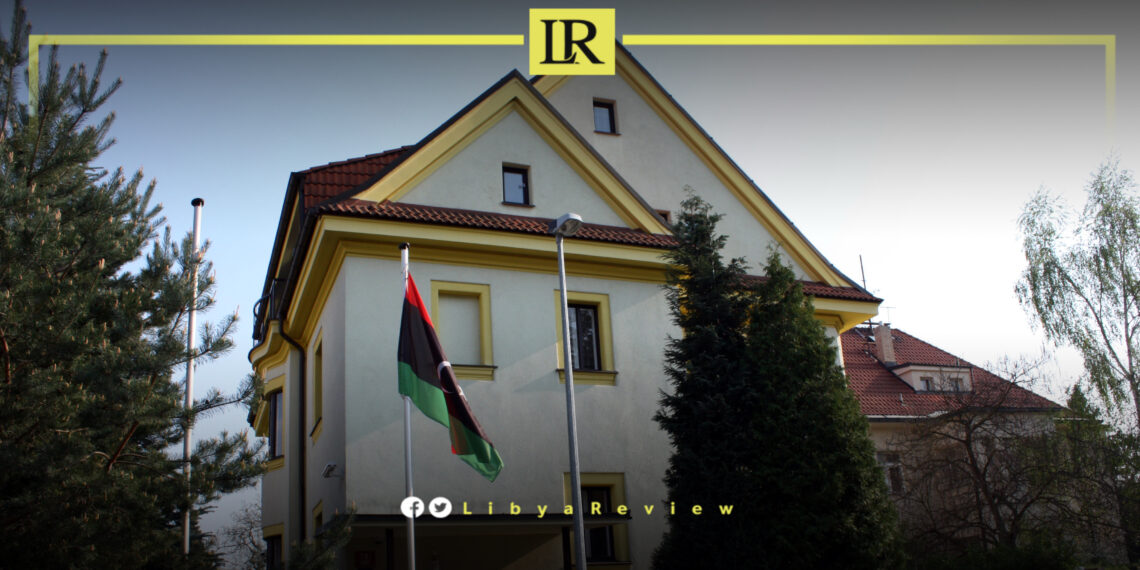Libya’s embassies and diplomatic missions spent a total of 3 billion Libyan dinars in 2024, according to the Central Bank of Libya’s latest report on national revenue and expenditure.
The Ministry of Foreign Affairs and International Cooperation, under the Government of National Unity, consumed this vast sum, sparking outrage and scrutiny, particularly given the widespread allegations of corruption within Libya’s diplomatic corps.
The Ministry allocated 2 billion dinars for salaries, 779 million dinars for operational expenses, and 520 million dinars for developmental initiatives.
Among the embassies, Libya’s mission in Ankara recorded the highest expenditure, spending 318.8 million dinars, with an additional 29 million dinars spent by the consulate in Istanbul.
The Tunisian embassy followed, with 143.6 million dinars spent, alongside 13 million dinars allocated to the consulate in Tunis. Other notable figures include 94.5 million dinars for the embassy in London, 91.9 million dinars in Cairo, 55.5 million dinars in Kuala Lumpur, and 51.5 million dinars in Amman.
Despite the considerable financial support provided to Libya’s embassies, corruption scandals have plagued the diplomatic service.
The Office of the Attorney General has issued multiple indictments and detention orders against heads of diplomatic missions, ambassadors, financial controllers, and administrators for embezzlement, document forgery, and abuse of office. In January 2024, the acting head of Libya’s mission in Argentina was imprisoned for misuse of authority. Similar cases followed, including the head of the Libyan mission to Belgium in June 2024, who faced charges of illicit financial gains, and the financial controller of the Libyan mission in Kazakhstan in August 2024 for embezzlement of public funds.
One of the most notable corruption cases occurred in September 2024 when three former ambassadors to Ukraine, three embassy officials overseeing health-related matters, and cultural attachés were detained for abuses of power. These high-profile arrests illustrate the systemic issues within Libya’s diplomatic operations, which critics argue have become a breeding ground for corruption and personal enrichment due to the lack of rigorous oversight.
The Libyan Audit Bureau’s latest report underscores these concerns, revealing widespread financial mismanagement in the Ministry of Foreign Affairs. It documented extravagant spending on luxury vehicles for officials, hiring private jets, and irregularities in salaries for embassy staff, including 3,478 employees, of whom 1,923 were diplomats and 1,555 were local hires. This mismanagement raises questions about the priorities of Libya’s foreign ministry and its ability to implement reforms.
Observers have increasingly criticized Libya’s diplomatic service as an avenue for amassing illicit wealth, with embassies operating with little transparency or accountability. Many believe that until comprehensive oversight mechanisms are introduced, the diplomatic corps will remain susceptible to abuse.


